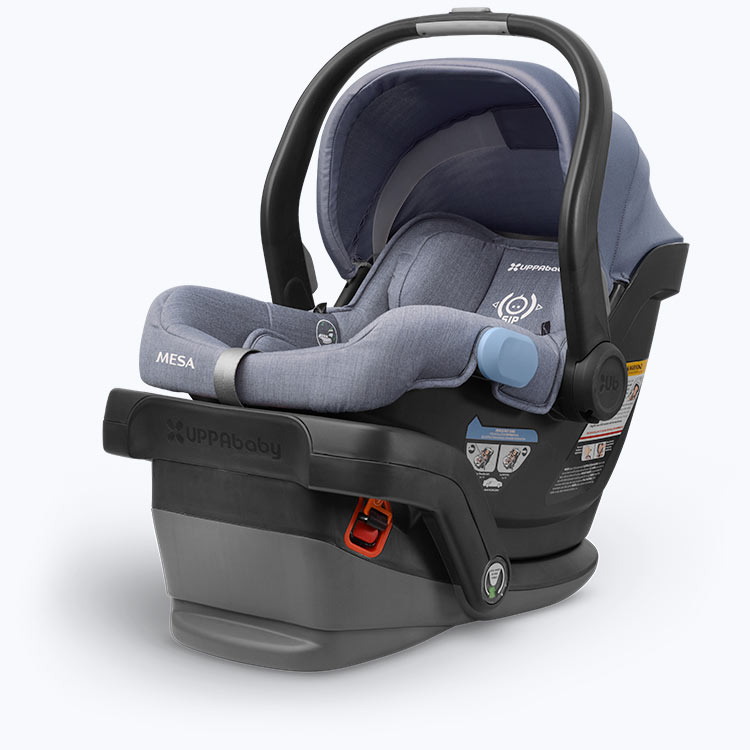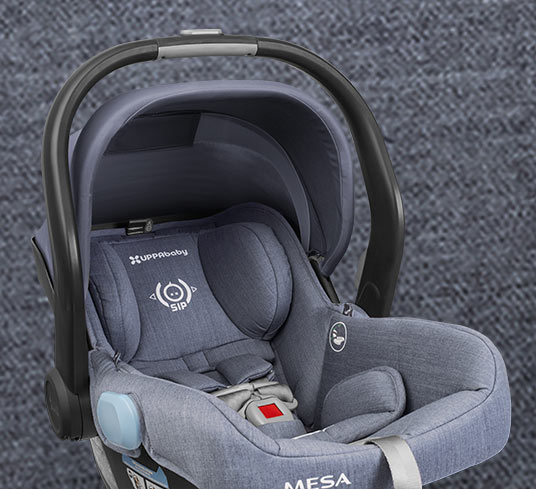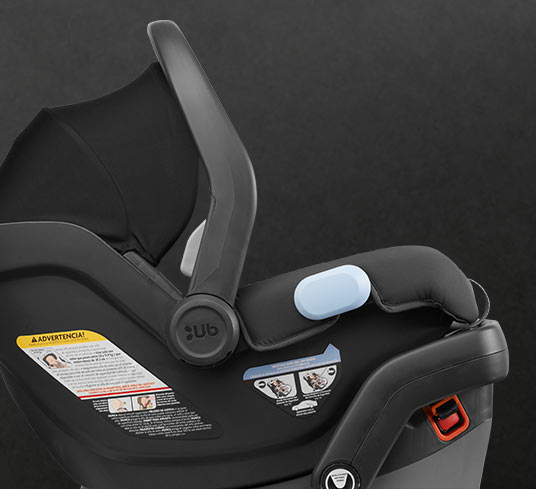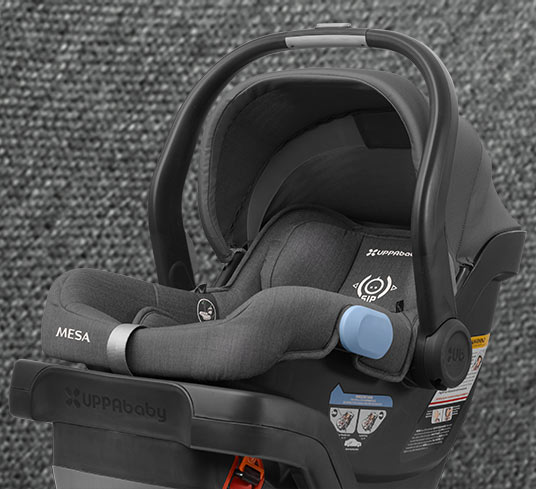
Así de fácil.®
Diseñamos el modelo Mesa con innovaciones intuitivas a la vista y características que eliminan la incertidumbre. Maximiza la facilidad para minimizar los errores, lo que permite a los padres usarlo con toda confianza y seguridad.
Aspectos perfectos que funcionan bien
Sistema SmartSecure®
Mesa es el único asiento de seguridad para niños con tecnología exclusiva que utiliza un indicador de ajuste y conectores LATCH autorretráctiles que se instalan correctamente de manera fácil y rápida. Tiene una ventanilla indicadora que cambia de rojo a verde para confirmar visualmente que la base está instalada correctamente. Esta facilidad para instalarse es uno de los factores que contribuyeron a que la NHTSA diera al modelo Mesa una calificación de 5 estrellas.


Conectores LATCH autorretráctiles
A diferencia de los conectores LATCH tradicionales, el sistema único de conectores LATCH retráctiles se ajusta sin esfuerzo, minimizando errores de instalación.
Un buen ajuste en cada paseo
Su base optimizada de bajo perfil con acabado en la parte inferior evita que se dañen los asientos del vehículo. Los indicadores de nivel de ambos lados de la base y las diversas posiciones del pie facilitan el nivelado.
Protección contra impactos laterales
El reposacabezas del modelo Mesa está reforzado con espuma EPP que brinda mayor protección al niño. El diseño integrado mantiene fija la cabeza del niño durante una colisión con impacto lateral.
Reposacabezas ajustable y arnés de seguridad que no necesita volver a armarse
El arnés de seguridad de cinco puntos, único de Mesa, no necesita volver a armarse, ya que se ajusta con el reposacabezas y se elimina la necesidad de separar el sistema del arnés a medida que el bebé crece; con esto se asegura que el arnés está instalado correctamente cada vez.

Toldo abatible con FPS 25+
El toldo integrado y desplegable ofrece protección adicional al bebé en exteriores y se puede guardar cómodamente cuando no se use.
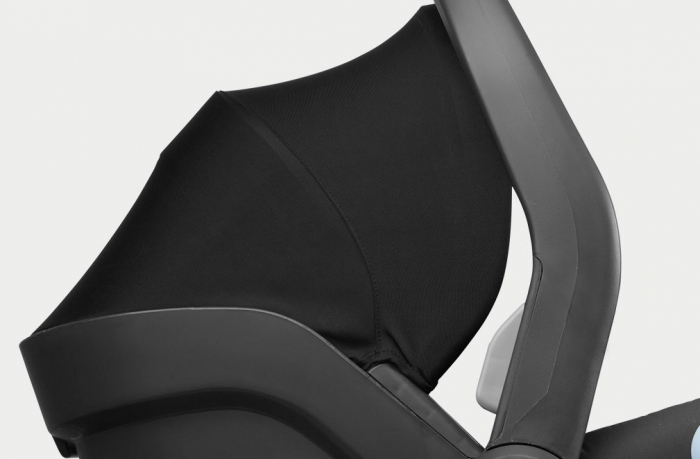

Una opción sin productos químicos
Gracias a su innovador uso de lana Merino, los modelos HENRY y JORDAN de Mesa son los primeros asientos de auto aprobados por los estándares de seguridad federales sin aplicarles químicos retardantes de llamas. Las propiedades de absorción de la lana Merino mantiene a los bebés frescos en los días cálidos y abrigados en los días fríos.
Optimizado para prematuros de 1.8 kg
El accesorio incluido, el arnés ajustable y las correas en la entrepierna crean una posición más segura para recién nacidos muy pequeños o prematuros.


SISTEMA DE RECORRIDO DE ALTO RENDIMIENTO
El asiento de seguridad Mesa, en conjunto con las carriolas Vista o Cruz, ofrece el mejor sistema de recorrido de alto rendimiento en cuanto a portabilidad y seguridad. Ya no es necesario sacrificar el desempeño en favor de la comodidad. Al agregar los prácticos adaptadores, el asiento Mesa también es compatible con la carriola Minu.
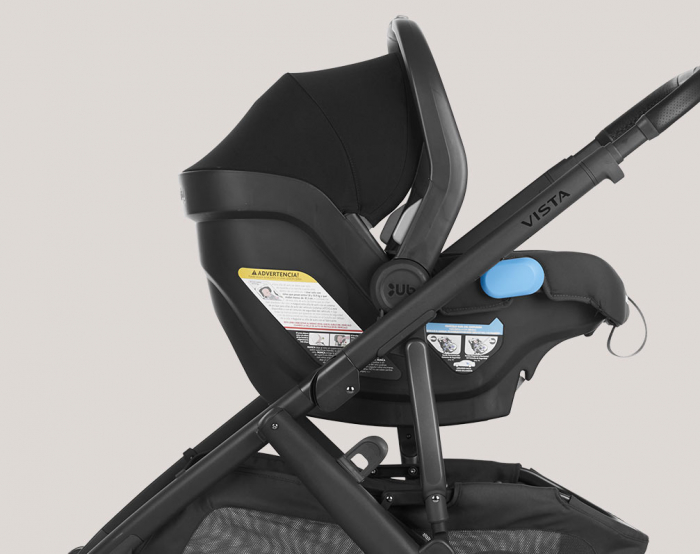

Se suelta de la carriola con una sola mano
Un toque rápido en el botón de la parte superior del mango del portabebé lo libera de la carriola. El asiento Mesa puede colocarse con el frente hacia ti para que veas al bebé durante el paseo o girarse hacia delante, sin que el mango se interponga.
Nuestra garantía
UPPAbaby ofrece una GARANTÍA LIMITADA DE POR VIDA en todos los asientos infantiles para automóvil en representación de nuestro compromiso con la seguridad de los niños pasajeros.

Especificaciones
Apropiado para niños de 1.8 a 15.9 kg de peso y hasta 81.3 cm de estatura
Peso del portabebé: 4.5 kg
Peso de la base: 4 kg
Asiento de seguridad para niños: 67 cm de largo x 43 cm de ancho x 58.5 cm de alto
Asiento de seguridad en la base: 70 cm de largo x 43 cm de ancho x 61 cm de alto
Base: 53 cm de largo x 37 cm de ancho x 25 a 32.5 cm de alto
Características clave
Porta bebés
- Se incluye un accesorio reductor para bebés y un arnés de posición baja para bebés recién nacidos pequeños y prematuros
- El portabebé pesa menos de 4,5 kg
- Reposacabezas ajustable con protección contra impactos laterales
- Arnés ajustable (se ajusta con el reposacabezas)
- Bolsillos para guardar las hebillas del arnés
- Dos posiciones para las hebillas de la correa de entrepierna
- Capota plegable con FPS
- Se coloca directamente en los carritos Vista y Cruz; se encuentran disponibles adaptadores prácticos para el carrito Minu.
- Manillar de transporte con botón para separarlo del carrito
- Tela del asiento que se puede quitar y lavar
- Dos opciones con propiedades ignífugas propias mediante el uso innovador de lana Merino
Base
- El sistema SMARTSecure™ se instala en segundos
- Indicador de presión de rojo a verde
- Bloqueo integrado para instalación segura con cinturón de seguridad
- Indicadores de nivel en ambos lados
- Base optimizada de perfil bajo con parte inferior con acabado
- Pie ajustable de cuatro posiciones para un nivelado fácil
